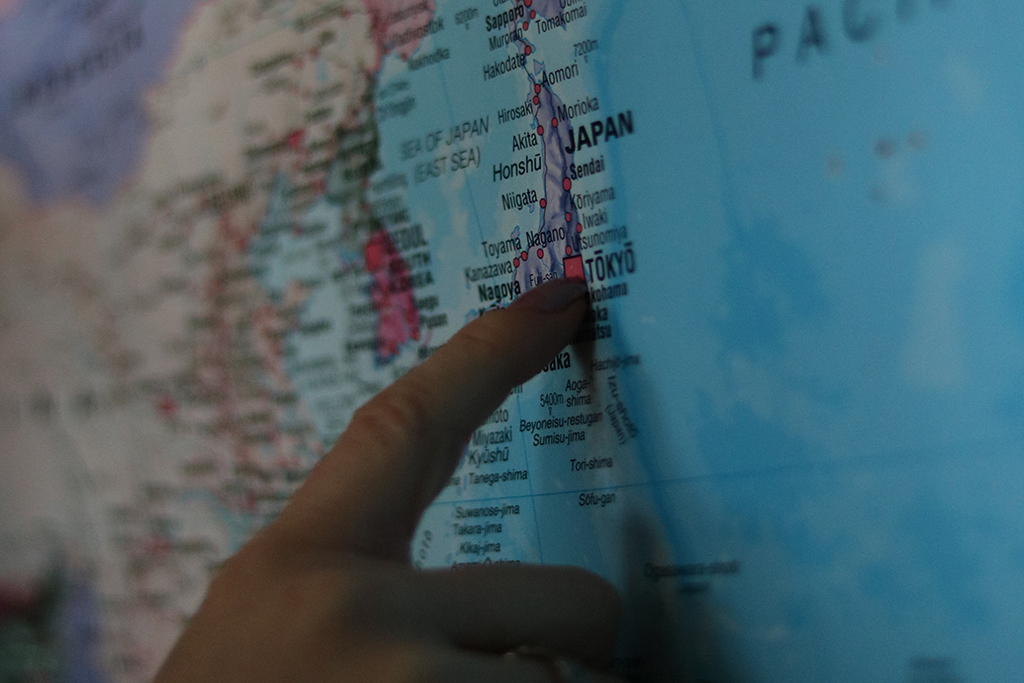
After the referendum vote to leave the EU in 2016 was cast, a new word was coined into our vocabulary, ‘Brexit.’ And although it wasn’t until January 2020 that the UK officially left the EU, our government is now ready to join a club that has around 500 million people in it, has a combined GDP of $13.5 trillion, and generates more than 13% of the world’s income.
So, what is this illusive club? The ‘Comprehensive and Progressive Agreement for Trans-Pacific Partnership’ or CPTPP as it is more commonly known, and it is a free trade agreement (FTA) between 11 countries around the Asia-Pacific region. The UK is on a fast track to join and become the first non-founding country to do so.
Who are the current members and what advantages are there to the UK joining?
The key members are Canada, Japan, Malaysia, and Australia but also countries like Vietnam with whom the UK expects to supply digital technology such as 5G and smart cities. In fact, as part of the drive to help UK technology businesses develop trading relationships with the region, the UK government has allocated £8m to launch the Digital Trade Network.
As with all trade agreements, it’s about reducing or eliminating barriers to trading with each other. That includes tariffs and import charges, however, unlike the EU, the CPTTP is not a single market and therefore trading partners can impose their own standards and protect certain domestic products such as Japan’s rice and Canada’s dairy industry.
Why is the UK involved when it’s not an Asian-Pacific country?
As a former member of the EU the UK has retained FTAs with many of the CPTPP members and is currently negotiating with Malaysia and Brunei while agreements in principle have been reached with Australia and New Zealand in June and October 2021, respectively.
According to the UK government, we want to be known as the European country with the most complementary trading relationships around the region. They also say that the UK has created more technology entrepreneurs outside of the US, China, and India.
This is one of the reasons why they are creating initiatives such as the Digital Trade Network, supporting local businesses who are looking to develop trading partnerships in the Asia-Pacific region.
What are the advantages of belonging to the CPTTP?
The main advantage for the UK is that it gives UK businesses a springboard into the Indo-Pacific economic powerhouse.
With no, or lower duties, and easier cross border clearance, CPTTP gives UK businesses access to new markets. This is good news as the region’s strength as part of the world’s supply chain would allow UK businesses to find high quality supplies at competitive prices and lower trade barriers. And these trade barriers would also translate to UK sales into the region.
Are there any other advantages of the UK being a member?
In addition to support for UK businesses, CPTPP countries will have the same opportunities as domestic businesses when investing in local projects. Given that in 2017, its members accounted for £1 in every £12 of foreign investment in the UK, we expect cross-border investments to continue to grow.
Anything else?
The UK government says that being a part of a dynamic, fast-growing region, with easier trading agreements, will provide potential for future economic growth. This is especially relevant for countries such as Malaysia and Brunei that, so far, do not have an FTA with the UK. There are also the distinct possibility that other economically buoyant countries such as South Korea and the Philippines will join.
What about USA?
Trump withdrew the US agreement to join when elected in 2016 and President Biden, while initially being warm to the idea, has now said it’s on hold for the time being. Should the US change its mind, then this could potentially open a back door trade deal between our two countries. This would then mean that the enlarged CPTTP would account for more than 40% of global GDP – a major force in world trading.
What does membership mean for UK businesses?
As we’ve been saying for some time, this region offers many trading advantages for UK businesses. Malaysia, for example already has a well-established trading route with the UK as well as a strong willingness to do business with us.
At present, the UK does not have an FTA with the country, but would have as a member of the CTPPT, thus increases the opportunities for local businesses. It’s a growing market with low labour costs, highly skilled workforce, and a diverse range of suppliers.
For UK companies looking to source goods or establish a supply chain partner there, the outlook certainly appears promising.
Global purchasing is on the increase and the Pacific Rim is going to be on most importers list. The challenge for local businesses, especially under the current Covid restrictions, is how to ensure supply reliability, consistent product quality and a trouble-free smooth delivery.
This is where Mosaic International can help. We can help you start the process of determining which part of the region your products could enter, who your suppliers should be and how to exploit these opportunities. The reality is this is a medium to long term project – and if you don’t start, you’ll never reap the benefits – as they say: while it is never too late, it is also equally true that it is never too early to start!
If you have suppliers, but you are struggling to carry out audit inspections, we offer a physical supply chain auditor that is ‘on the ground’ in the local territory. We already have an established service in Malaysia, and this will only be expanded throughout the CPTTP region in due course.
For more information about our localised supply chain, visit the supplier auditing pages of our website or contact Kiley Tan on 07885 784783 or kiley.tan@mosaicint.co.uk
